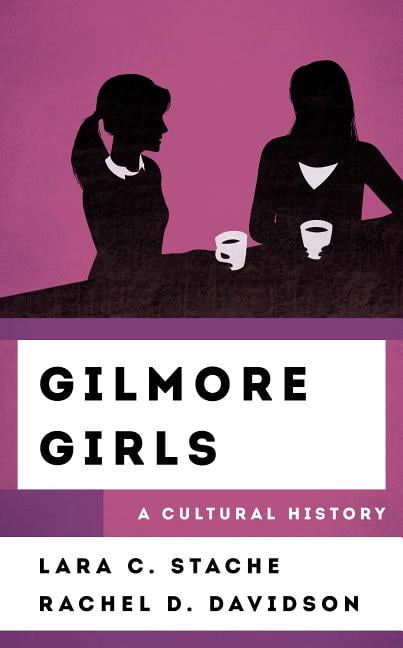

As there is no subject about Bangla language and literature in “O Level” and “A Level” examinations, tender aged students have no real interest in learning or practicing Bangla language.

At maximum English medium schools, Bangla is taught to the students only to provide them the basic knowledge about the language. Some critics have pointed out that education policies submitted by different education commis sions were not implemented by various regimes in power to advance their political agenda, ideology and to continue a corrupt practice.Įnglish medium schools follow the British curriculum, so naturally there is no requirement of involving Bangla language in their academic syllabus. From the very beginning to the present days, the respective governments hardly formatted any proper guidelines for these schools. Being the only nation in the world, who selflessly sacrificed lives to safeguard the honour of mother tongue, we didn’t act well enough to ensure the proper practice of Bangla in all stages of our life.įrom the early nineties, English medium schools began to appear in our country. Today the use of Bangla has not reached where it should have. Following that trend, Bangladesh included the teaching of English besides Bangla in its education policy. After sixty-four years of the glorious language movement and forty-five years since we achieved independence, let us investigate about the use of Bangla in our everyday life.įor its unquestionable necessity in the era of globalisation, today English is widely accepted across the world. After the Liberation War, we finally found an independent state to speak Bangla and practice Bangalee culture. ‘Bangladesh’, the name of our country, depicts our deep love for Bangla language. The same spirit ultimately inspired us to liberate our country in 1971.

1952’s glorious language movement was a battle to ensure the practice of a thousand years old language. The Bangalees didn’t hesitate to sacrifice their lives to defend the honour of Bangla. After becoming free from the British raaj, the Bangalees of East Pakistan stood up to defend the honour of their mother tongue when the Pakistanis tried to establish Urdu as the only national language of the country, ignoring the 56% Bangla speaking majority completely. He indicated that Bangla language is something which is closely tied with our self-identity.

The poet prescribed that those who are not satisfied with Bangla language should go abroad and live there. In his praised poem Bongobani, middle age’s poet Abdul Hakim expressed his doubt about the birth origin of those who despite being born in this country feels irritated about speaking in Bangla language.


 0 kommentar(er)
0 kommentar(er)
